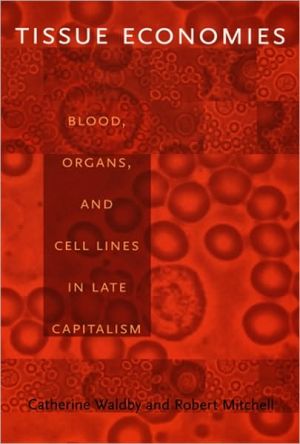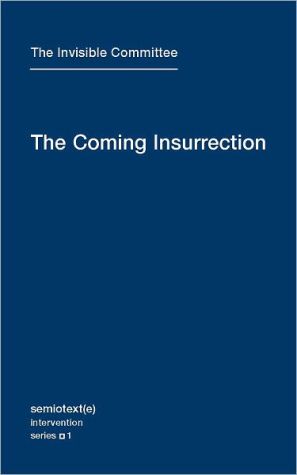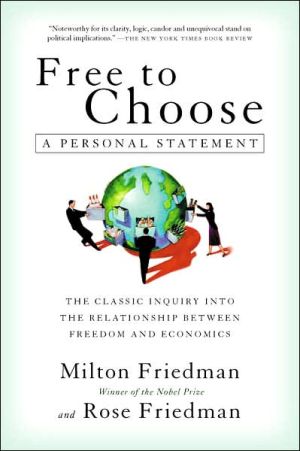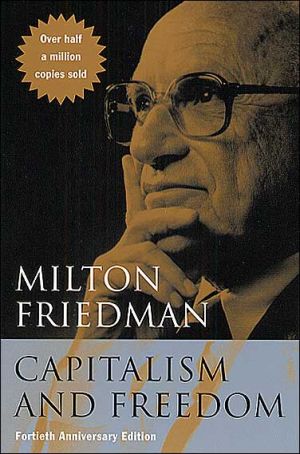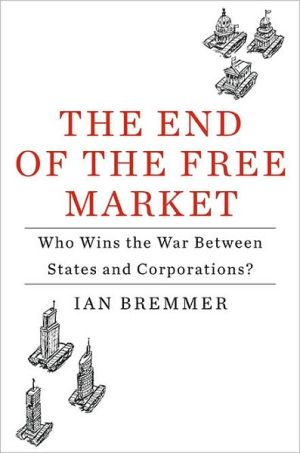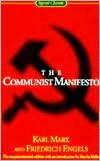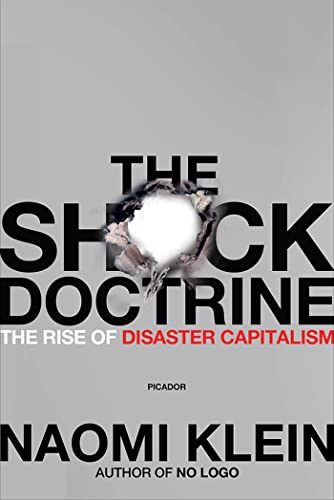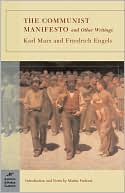Tissue Economies: Blood, Organs, and Cell Lines in Late Capitalism
As new medical technologies are developed, more and more human tissues—such as skin, bones, heart valves, embryos, and stem cell lines—are stored and distributed for therapeutic and research purposes. The accelerating circulation of human tissue fragments raises profound social and ethical concerns related to who donates or sells bodily tissue, who receives it, and who profits—or does not—from the transaction. Catherine Waldby and Robert Mitchell survey the rapidly expanding economies of...
Search in google:
A cultural studies account of how the "bio-value" of blood, stem cells, organs, and cell lines moves back and forth between 'gift' and 'commodity'.
Introduction : gifts, commodities, and human tissues1Pt. ITissue banks : managing the tissue economy311Blood banks, risk, and autologous donation : the gift of blood to oneself352Disentangling the embryonic gift : the UK stem cell bank59Pt. IIWaste and tissue economies833The laws of Mo(o)re : waste, biovalue, and information ecologies884Umbilical cord blood : waste, gift, venture capital110Pt. IIIBiogifts of capital1315Commodity-communities and corporate commons1356Real-time demand : information, regeneration, and organ markets160Conclusion : the future of tissue economies181
\ From the Publisher“Tissue Economies asks us to think about biological materials as inseparable from the networks of exchange, gift, and excess that condition their value to us. Catherine Waldby and Robert Mitchell show us a new body politic, one in which the organs, tissues, and fluids exist as much outside of and between bodies as they do within them.”—Eugene Thacker, author of The Global Genome: Biotechnology, Politics, and Culture\ “Catherine Waldby and Robert Mitchell demonstrate just how shaky are some of the structures underpinning the global politics of human tissue, such as the distinction between gift and commodity, when in late capitalism even tissue originally given altruistically is used as an open source of free tissue for commercial use on a worldwide scale. Yet they refuse the temptation of easy cynicism, asking what better models we can use instead to protect ourselves in the global tissue economy. This is an imaginative, up-to-date, and politically astute book.”—Donna Dickenson, author of Risk and Luck in Medical Ethics\ “Catherine Waldby and Robert Mitchell offer a comprehensive analysis of key types of tissue transfer, tracing the networks within which human tissues circulate as waste, gift, and commodity. From their innovative exploration of the way the principle of informed consent has functioned to enable the commodification of tissue products, to their demonstration that conventional frameworks are inadequate for an understanding of contemporary practices of tissue trading, this book is an essential and eye-opening read.”—Susan Merrill Squier, author of Liminal Lives: Imagining the Human at the Frontiers of Biomedicine\ \ \
